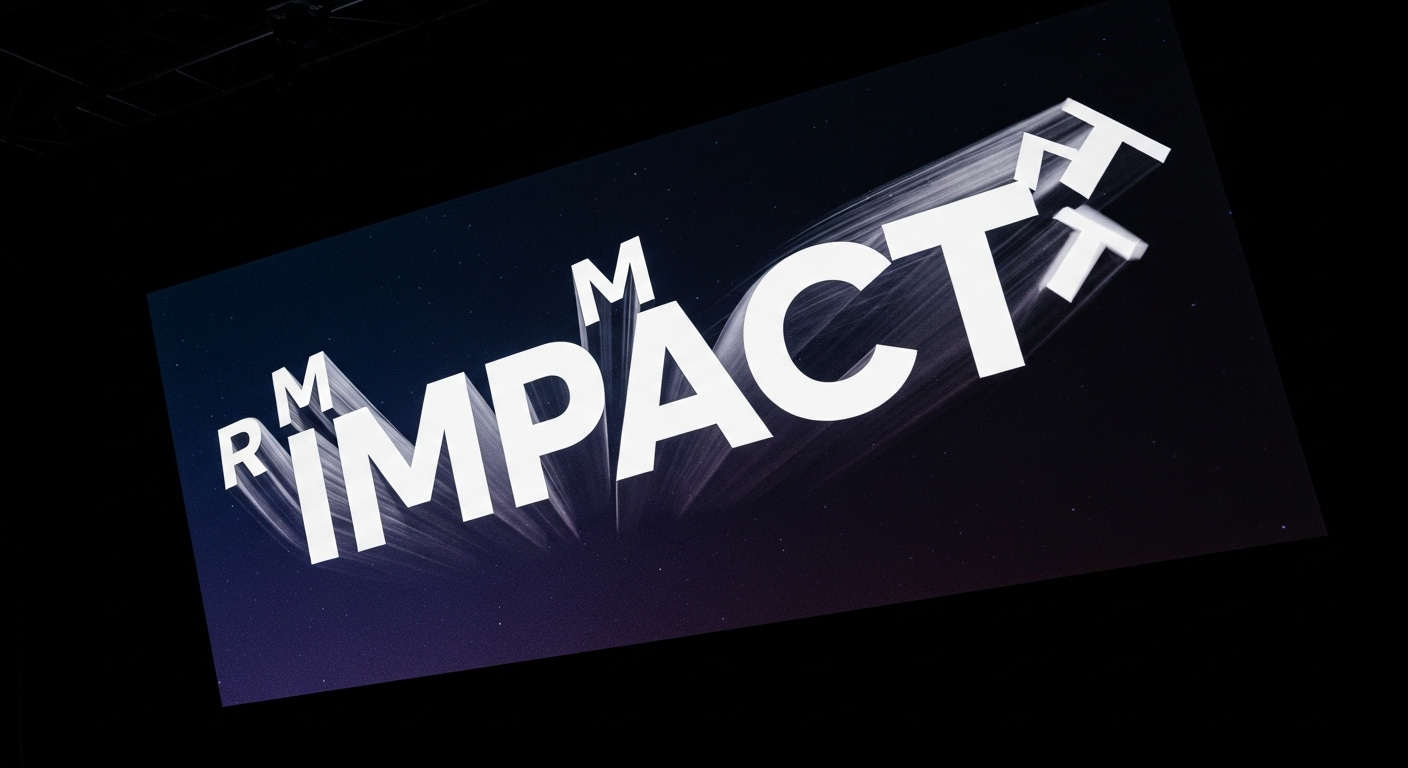Understanding Reverse Mortgages: A Comprehensive Guide for Senior Homeowners
A reverse mortgage is a specialized financial product that allows homeowners aged 62 and older to borrow against their home's equity while retaining ownership and residence. Unlike traditional mortgages, reverse mortgages don't require monthly payments - instead, the loan is repaid when the borrower moves out, sells the home, or passes away. This financial tool has become increasingly popular among seniors seeking to supplement their retirement income.

Key Requirements for Reverse Mortgage Eligibility
To qualify for a reverse mortgage, borrowers must meet specific criteria. The primary requirements include being at least 62 years old, owning your home outright or having a low mortgage balance, and using the property as your primary residence. Additionally, you must complete a HUD-approved counseling session to ensure you understand the loan’s terms and implications.
Types of Reverse Mortgages Available
Three main types of reverse mortgages exist: Home Equity Conversion Mortgages (HECMs), proprietary reverse mortgages, and single-purpose reverse mortgages. HECMs are the most common, as they’re federally insured through the FHA. Proprietary reverse mortgages are private loans typically used for higher-value homes, while single-purpose reverse mortgages are offered by some state and local organizations for specific uses.
Understanding Costs and Fees
| Cost Type | Typical Range | Description |
|---|---|---|
| Origination Fee | $2,500-$6,000 | Based on home value |
| Mortgage Insurance Premium | 2% upfront, 0.5% annual | Required for HECM loans |
| Closing Costs | $1,000-$3,000 | Includes appraisal, title search |
| Interest Rate | 3.5%-7.5% | Variable or fixed options |
Prices, rates, or cost estimates mentioned in this article are based on the latest available information but may change over time. Independent research is advised before making financial decisions.
Benefits and Considerations for Senior Homeowners
A reverse mortgage can provide financial flexibility through various payment options, including lump sums, monthly payments, or lines of credit. However, careful consideration is essential. The loan balance increases over time, potentially affecting inheritance plans. Additionally, moving to a different primary residence or failing to maintain the property could trigger loan repayment.
Long-term Financial Impact
While reverse mortgages can provide immediate financial relief, they impact long-term equity and estate planning. The compound interest structure means the loan balance grows faster over time. Homeowners should consider their future needs, including potential healthcare costs and the desire to leave property to heirs, when evaluating this financial option.
A reverse mortgage represents a significant financial decision that requires careful evaluation of personal circumstances, long-term goals, and alternatives. Working with qualified financial advisors and HUD-approved counselors can help ensure this loan type aligns with your retirement planning objectives while maintaining financial security throughout your senior years.





